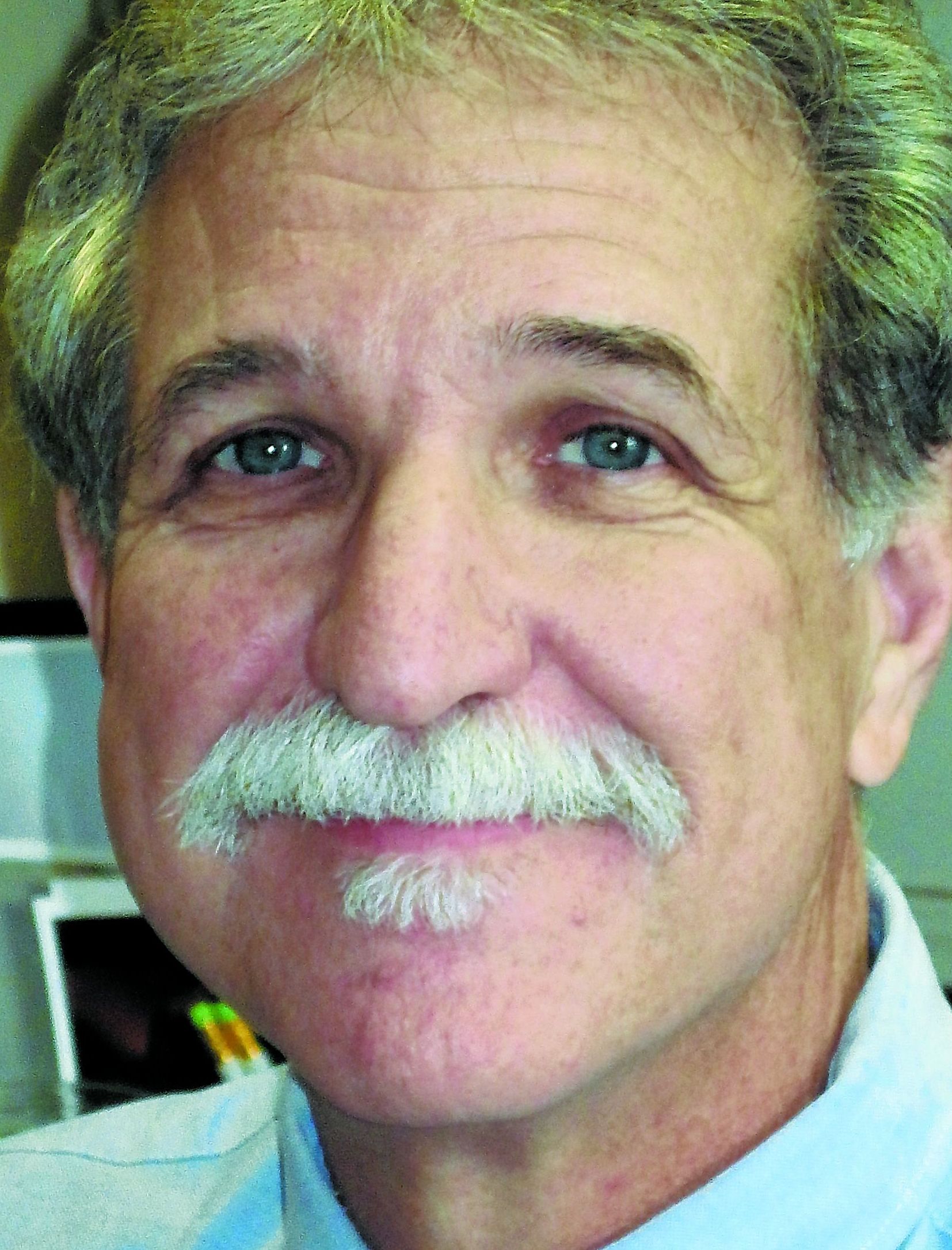Love hurts: We should blame the brain, not the heart
Published 12:00 am Friday, February 7, 2014
If you have any doubt about what love is, all you have to do is listen to the music through the last several decades. It’s a many-splendored thing and it is a battlefield. It’s been lost, found, thrown away, knocked, stopped, made and fallin’ into. But you can’t buy it and you sure can’t hurry it.
Evidently there are different kinds — baby, puppy, jungle, secret, young, endless, runaway, gangsta, sexy, summer, bleeding, international and even a muskrat type that lasts around 40 years. Sorry, Captain and Tennille.
There are seas of love, cradles of love, chapels of love, soldiers of love, freeways of love and rollercoasters of love. Apparently you can find it in shacks, in the air, on two way highways, on trains and boats even in elevators.
It can be tender, true, jealous, easy, sweet, tainted, bizarre, groovy and a hurtin’ thing
It is the answer, it will conquer all and it is all you need.
But where does love come from? The symbol of love has always been a heart, as if it is strictly and emotional thing. Just look around at shelves of Valentine cards, bunches of flowers and boxes of chocolates. We even speak of the heart as the foundation of romance in our language:
“I love you with all my heart,” “I give my heart to you,” “My heart aches when you are gone.”
Recent studies suggest that it is not the heart, but the REAL action goes on in that Jell-O like mass of between your ears — your brain. But that just doesn’t sound the same:
“I love you with all my brain,” “I give my brain to you,” “My brain aches when you are gone.”
Not to mention how odd it would be to see a Whitman Samplers with large frontal lobes?
Still, to get a picture (yes, a REAL picture) of what romantic love looks like, we have to turn to neurobiology and brain scans. Hint: the briefest explanation is that it looks strangely similar to a brain on cocaine.
A few years ago researchers like British brain mapper Semir Zeki and American anthropologist-psychologist Helen Fisher used brain imaging to explore exactly what goes on in the brain with the first few months of romance. Fisher waxes poetical when she sums up the experience, “The music of the cortical sweet reason is drowned out by the primitive drumbeats of our limbic and reptilian brains”.
What happens is this: The brain produces dopamine, one of the strongest neurochemicals associated with a feeling of heightened awareness and extra energy focused on the object of desire. As this “love potion” swirls in our brains, something else happens that makes even the strongest and smartest among us weak and goofy. These chemicals not only produce a natural high, they also dilute and cancel out the nerve chemical serotonin.
Usually used as an anti-depressant agent, serotonin also has the effect of calming us, controlling impulses and limiting obsessive behavior. It aids the sense of power and logic. So a depletion of serotonin and a sharp rise in dopamine can induce panic, anxiety, manic behavior, depression, obsession, and queasiness. All those are symptoms of romantic attraction … or bipolar illness.
As the couple expresses their feelings physically, a third chemical produces a tsunami in their brains. Oxytocin explodes and showers the brain with natural opiates, endorphins that look and feel like a cocaine brain. Oxytocin is normally present but during some physical expressions of love, men can produce five times as much of the chemical. In women, levels can soar even higher!
It’s not over yet. Oxytocin combines with the hormone vasopressin. Dr. Earl Henslin, in “This Is Your Brain in Love,” says vasopressin helps create vivid emotional, sensory memories which in turn deepen feelings for the object of love.
“This little bonding hormone instantly works like superglue to the heart and makes you feel happy, even euphoric when you hear a piece of music you both love, smell his aftershave or her perfume, or hear the soft sound of the beloved voice,” Henslin says.
There you are; it’s as simple (OK, maybe not that simple) as that. When you are in love, you are on drugs.
But just as the body adjusts to any drug that produces a euphoric high, this passion cocktail wears off. It’s the Creator’s little pick-me-up for about six to 18 months. I often remember that any premarital counseling done during this time may have the same effect as talk therapy to an active alcoholic.
Funny, I’ve never heard a love song about all this part. It’s hard to get certain things to rhyme I guess. Then again, in the words of another famous song, “Is that all there is?”
Certainly love is just not an emotion, a feeling of the heart. Nor, do I believe it’s all in your head as a drug-induced state. Maybe we need to ask those who have experienced the blessings of long and healthy passion. We have heard the heartaches and heart breaks of the 40 to 50 percent who have struggled through the death of a relationship. We frequently hear the tales of others who say that, though their marriage is not dead, it is certainly on life support. In fact, some marital researchers say only one in 0 couples are those blessed few, those who Dr. David Schnarch calls “Master Level Lovers.”
Henslin, an associate of Dr. Daniel Amen, writes about the four basic spiritual virtues that are practiced almost as an art form by those top 10 percent, the blessed few, these “Master Level Lovers.”
• Both partners are proactive about their passion. Passion that is not just physical, but mental, social, emotional and spiritual.
• Their sensuality and their spirituality are robust. There is connection, understanding and grace.
• They take responsibility for bringing their best brains to the relationship. Their heads and their hearts are connected with a strong backbone.
• They are reeds of God’s love to each other. In the book “Jacob the Baker,” Noah ben Shea writes this wonderful line, “Jacob was a reed, and the breath of God blew through him, made music of him.”
Mingling brains, bodies, minds and hearts is a delicate task. Maybe it is most importantly a “soul task.” It is not a decision between physical, mental and emotional; it’s holding all three in a marvelous tension. It is never balanced, nor should it be. It is not a cancelling of eros and favoring of agape but the heat produced by the friction of heaven rubbing against earth. It is physical and spiritual. It is sacred and profane.
Love is the constant struggle of body, mind and spirit in that place where they all meet, in the soul. Love is a legacy and love is a promise. It is lived between magnificence and monotony.
It finds its home between the everyday and the eternal, between the wearisome and worshipful. It may be the most holy ground on which we put our dusty and dirty feet. It is the rocky and thorny ground on which we are called to take off our shoes.
Rod Kerr is a minister at First Baptist-Salisbury and a pastoral psychotherapist.



